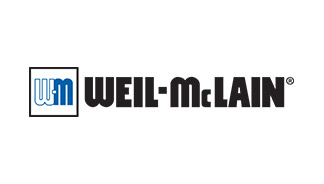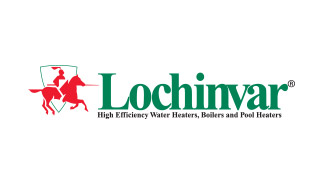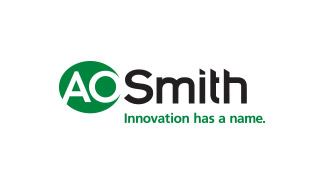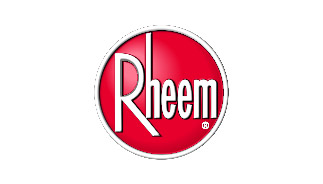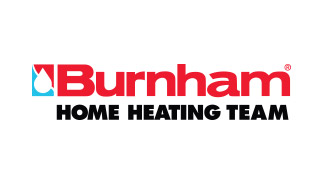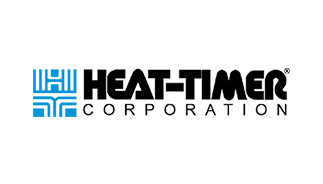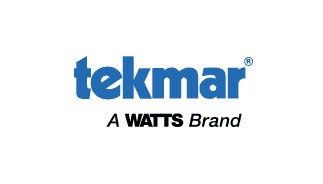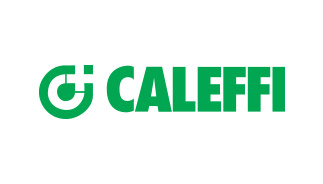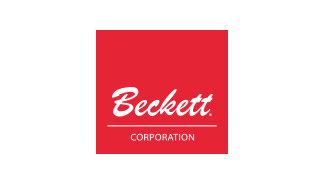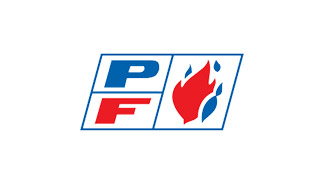Published on
February 21st, 2023Boiler pH Treatment: Understanding the Role of Acidity in Boiler Operation
Your commercial boiler is arguably the most critical component of your building’s infrastructure. Did you know that the level of acidity of your boiler water can affect the boiler’s performance and longevity? Boiler pH treatment is a vital part of commercial boiler maintenance. Here’s what you need to know about pH, water treatment, and how proper treatment can add years to your boiler’s lifespan, and prevent catastrophic malfunctions like surging.
A Quick Review of pH
Measuring acidity and alkalinity
A lot of us tend to throw the term “pH” around, but if pressed for a definition, we’d be hard put to remember high school chemistry. So, let’s review what pH is, short for “potential of hydrogen.”
The pH of any substance is simply a measure of its strength as an acid. We use the pH scale to assess water, but it’s also used to evaluate food, personal care items, and soil, among other things. You don’t want something like a lotion to be too acidic, or it could burn your skin, for example. But if you want beautiful deep blue and purple hydrangea flowers in your garden, the more acidic the dirt, the better.
A pH of 7 is neutral. Zero is the most acidic end of the pH scale, while 14 is most alkaline.
Remember, the pH scale is logarithmic. So, each level on the scale is 10 times more or less acidic than the one next to it. If you have water with a pH of 5, it’s 10 times more acidic than water with a pH of 6.
What Should Your Commercial Boiler’s pH Be?
Aim for more alkaline water
We’ll discuss below why slightly alkaline boiler water is more desirable. But for now, know that the water in your tank that you use to heat water or radiator steam should generally have a pH of around 10 or 11. Sometimes, going as low as a pH of 8.5 is appropriate, but it depends on your unique conditions, your commercial boiler’s instructions, and the hardness of your water (how many minerals are in it).
Your boiler experts can help you determine the correct pH is once you determine the baseline with an easy test of your boiler’s automatic water feeder supply. Regular pH testing to ensure your boiler water remains at the right pH should be done once you treat the water to achieve the correct pH level. If you use modern automated boiler controls, pH monitoring may already be integrated into the system. The pH is checked, and the appropriate treatment is added when necessary, so you don’t have to worry about it or spend manpower making adjustments.
Boiler Water Treatment
Essential for pH and more
It’s easy today to get the pH level you prefer for your commercial boiler by adding chemicals to the water. These chemicals can not only help you achieve the desired pH, but they can also help remove unwanted impurities too.
What chemicals do we commonly use at Calray Boilers when treating commercial boilers around New York City?
- – Potassium hydroxide and sodium hydroxide to increase alkalinity (reduce acidity) by reducing the production of carbon dioxide
- – Phosphates to reduce water hardness by counteracting calcium compounds
- – Sulfites (aka oxygen scavengers) to remove dissolved oxygen in an aerated water supply that contributes to corrosion
- – Amines to improve the function and durability of steam return lines that trap condensate and send it back to the boiler for reheating
It’s worth noting that the pH of the water in your boiler tank may not be the same as the pH in your condensate return lines, so both should be tested.
How Does Boiler Water Treatment Extend Your Boiler’s Lifespan?
Preventing corrosion and worse problems
Achieving the right pH in your boiler tank is vital to prevent tank corrosion, which results in leaks, lost water, excessive boiler firing, and, eventually, premature replacement of the tank. If you’ve noticed pitting of the boiler tank, the water is probably too acidic and should be corrected immediately. Also, the same acidity is not healthy for other parts of your boiler system or your plumbing components. Fixing your pH level is good for more than just the boiler tank.
Most parts of New York City have slightly soft water, meaning it’s not overly full of mineral deposits. But some parts of the city, like areas of Queens, have hard water. Acidic water and hard water are a bad combination. The low pH of the water accelerates the formation of mineral scale that clogs pipes and boiler parts, which also hastens their demise.
In most cases that we see at Calray Boilers, water in the system is too acidic. But water that is too alkaline is no safer. It can cause a caustic attack that results in cracks and embrittlement of the boiler tank, also shortening its lifespan. High alkalinity, along with impurities in boiler water like oil or sediment, can also contribute to foaming. Foaming can, in turn, lead to poor steam production or even surging – that devastating roiling of boiler water that mandates shutting down the boiler before it’s ruined.
Do you have a regular water treatment plan for your building’s boiler? Is your commercial boiler overdue for pH testing? Is your boiler showing any of the signs indicating the water needs a pH adjustment? Calray Boilers can come out and help you with testing and water treatment for the proper pH. Don’t wait until your boiler malfunctions or you need to purchase a new one years before you should. Call us today at 212-722-5506 to schedule an appointment.
